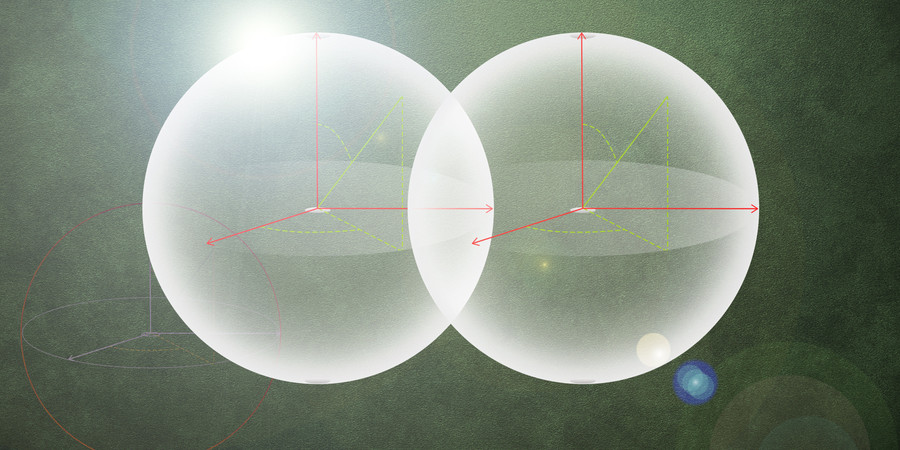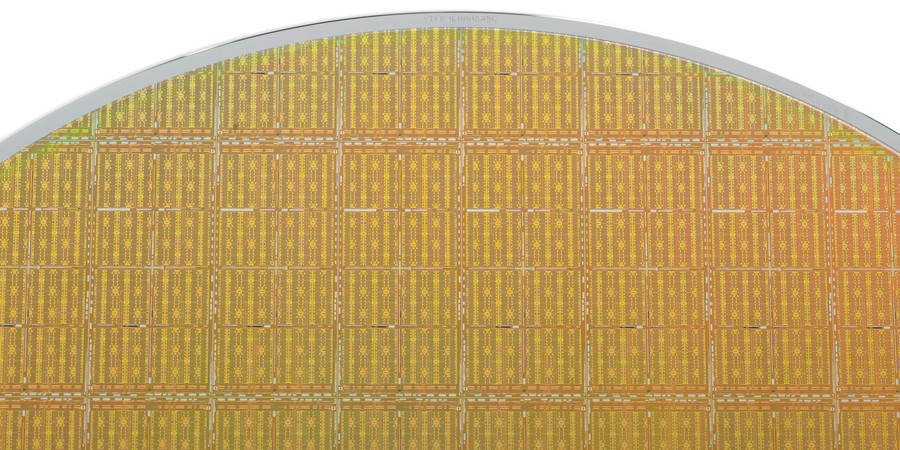August 23, 2024
The most recent email you sent was likely encrypted using a tried-and-true method that relies on the idea that even the fastest computer would be unable to efficiently break a gigantic number into factors.
Quantum computers, on the other hand, promise to rapidly crack complex cryptographic systems that a classical computer might never be able to unravel. This promise is based on a quantum factoring algorithm proposed in 1994 by Peter Shor, who is now a professor at MIT.
But while researchers have taken great strides in the last 30 years, scientists have yet to build a quantum computer powerful enough to run Shor’s algorithm.
As some researchers work to build larger quantum computers, others have been trying to improve Shor’s algorithm so it could run on a smaller quantum circuit. About a year ago, New York University computer scientist Oded Regev proposed a major theoretical improvement. His algorithm could run faster, but the circuit would require more memory.
Building off those results, MIT researchers have proposed a best-of-both-worlds approach that combines the speed of Regev’s algorithm with the memory-efficiency of Shor’s. This new algorithm is as fast as Regev’s, requires fewer quantum building blocks known as qubits, and has a higher tolerance to quantum noise, which could make it more feasible to implement in practice.
In the long run, this new algorithm could inform the development of novel encryption methods that can withstand the code-breaking power of quantum computers.
Complete article from MIT News.
Explore
MIT Engineers Advance Toward a Fault-tolerant Quantum Computer
Adam Zewe | MIT News
Researchers achieved a type of coupling between artificial atoms and photons that could enable readout and processing of quantum information in a few nanoseconds.
New Chip Tests Cooling Solutions for Stacked Microelectronics
Kylie Foy | MIT Lincoln Laboratory
Preventing 3D integrated circuits from overheating is key to enabling their widespread use.
Energy-Efficient and Environmentally Sustainable Computing Systems Leveraging Three-Dimensional Integrated Circuits
Wednesday, May 14, 2025 | 12:00 - 1:00pm ET
Hybrid
Zoom & MIT Campus




